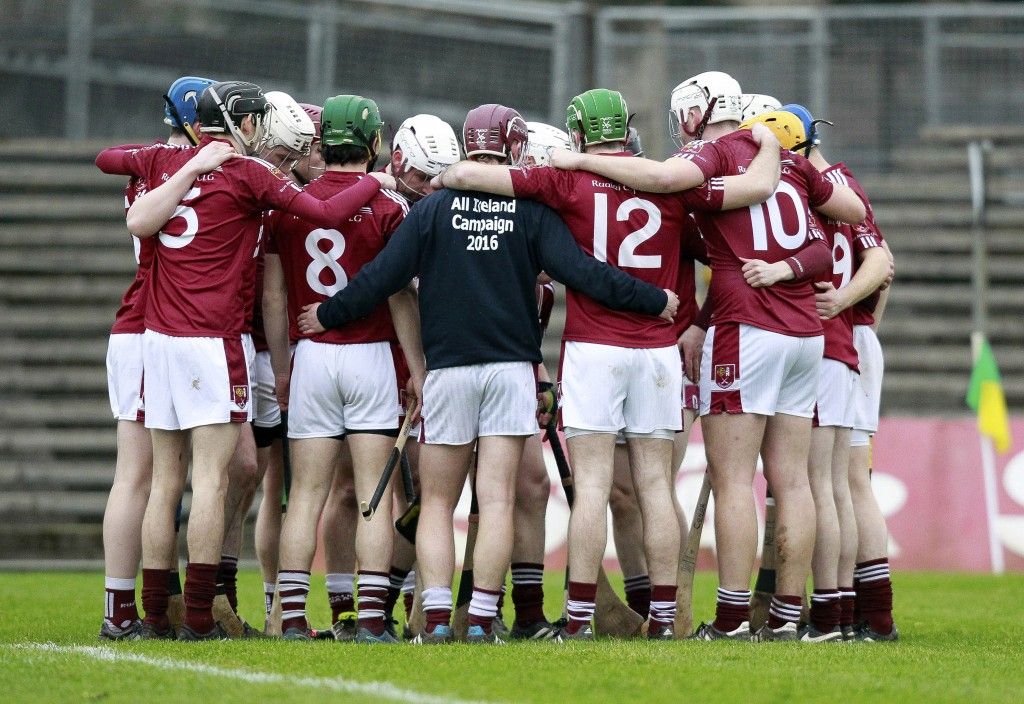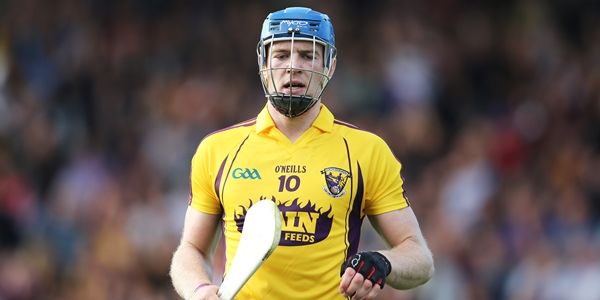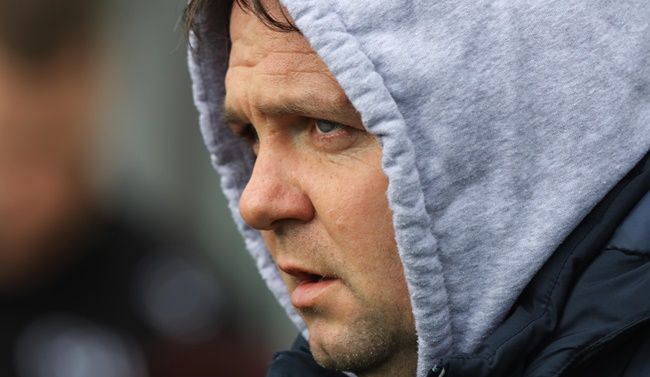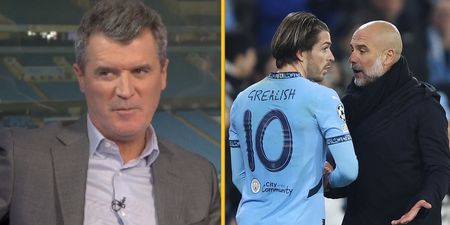For some, the two dreaded words mightn’t even have to be said, but no matter how wishful our thinking is, drinking bans are always lurking for GAA teams.
Managers have expectations of players. Some of them will lay down the law and put in on the line plain and simple that players should be going nowhere near beer in the build-up to the big game.
Players know it themselves, too. Within three, four weeks of a championship match, it’s probably not, there’s more wishful thinking again, it’s definitely not the best preparation to be going out on the piss and all the adverse affects that goes with that.
Because, in fairness, it’s not the alcohol itself that is the most detrimental affect of going out on a big session. Instead it’s the snack boxes at 4.00 in the morning in Babylon, McGuinness’s or Top Pizza, it’s the lack of sleep and the consequential tiredness that accompanies that the next day.
You’ll tell yourself that in order to go out on a right one, you’ll make up for it with a run and a gym the next day. Those plans rarely come to fruition because of the sluggishness that the day after the night before brings.
You’re dehydrated when you wake up and you’re not in the mood to cook something healthy. The easiest thing in the world to do seems to be to go out to Londis or Spar and comfort scoff a big breakfast roll down.
They call it the cure? Must be true.
Some managers trust their teammates and trust that they themselves have built up a positive enough culture so that loads will be hell-bent enough on winning and succeeding that they won’t have to utter Drinking and ban together.
That’s where you want to be at.
Players know this. They know the risks, the harm and the effects. They’re not stupid.
The topic came up for discussion on Monday’s GAA Hour Hurling Show and Wooly, Jack Guiney and Michael Carton all pitched in.
Wexford hurler Guiney was welcomed back into the Wexford panel with open arms by Fitzgerald last year, after some disciplinary issues with previous manager Liam Dunne curtailed his involvement the year before, and his account of Fitzgerald’s approach to team discipline sounds bang on.
It’s clear. It’s set in stone. It’s your decision.
“He put it very plain and simple. He told me exactly what he was planning to do and what was going to be going on, and he said you can be a part of it if you want, and if you don’t you don’t. There’s no problem there, I won’t fall out with you,” said Guiney.
And Davy’s seems to have struck the perfect balance in Wexford with regard to drinking bans.
“Davy is fair with the whole thing, too. Lads were allowed to let the hair down on Sunday night (after they beat Cork in the League). He knows there are a few characters on the team and that type of thing and he lets them do their own thing, to an extent. So long as they train hard, and do the work and are driven to the same goal as everyone else’s, everything is alright in small doses.”
And it’s what players want, a bit of understanding, a bit of compassion.
Colm Parkinson completely agrees with this approach, and ridiculed some of the unrealistic and nonsensically stringent approaches employed by some managers.
Wooly feels there should be leniency and some degree of tolerance, and he’s dead right. What’s the point in a blanket ban when it can just lead to players getting nailed when they might have only had one or two drinks?
Most lads have the sense and the commitment to know they shouldn’t be out drinking themselves to poorer performances, and it sure as hell makes more sense to allow a lad to have a drink or two five weeks before a game, than having a lad getting caught for same and risking team morale breaking down as a result.
And don’t tell us a few pints or bottles, within reason and a good bit out from the game will do harm. Sometimes it’s exactly what players need to relax.
“I think that’s the important thing. I know you got caught having a few pints at a christening and Liam Dunne dropped you off the panel, and I got in trouble for drinking. It’s not like I’d be caught the night before a match or a week before a match, I just couldn’t understand when you weren’t allowed a few pints five weeks before a match. That was where I got caught,” said the Laois man.
“Your performance in training should be what you’re judged on, not your ability to abstain from alcohol. Some managers have it so twisted and they build this drinking ban up to be such an important thing. Why should the focus not be on, who’s training hard? Just say there’s a fella who was out drinking at the weekend, and he’s in front of every run, but is he less committed than the family man, who’s lazy and is at the back of the runs.”
Michael Carton recalls the wide ranging benefits of such a stance from Anthony Daly during his time with the Dublin hurlers.
“I remember Anthony Daly with us. He’d let us go out every three or four weeks. It’s a huge pressure pot, playing inter-county, and you have to have a blow out every so often. Once you don’t over-do it. I think it’s a real GAA thing, I’d say all of the Ireland rugby team were out after beating France, and they’d have a quicker turnaround than us, but there’d be nothing said about that, and that’s professional.”
Guiney was in agreement, and reasoned that the best teams won’t need drinking bans.
“It’s all about the balance. I’d say Brian Cody never had a drinking ban when Kilkenny were going well. Because if you were on the piss, there was no way you were going to foot it with those lads in training. If you want to be involved, you want to be on the team, you’d have to be right and ready to go.”
You can listen to the Guiney interview and much more from Monday’s GAA Hour Hurling Show right here.





















































